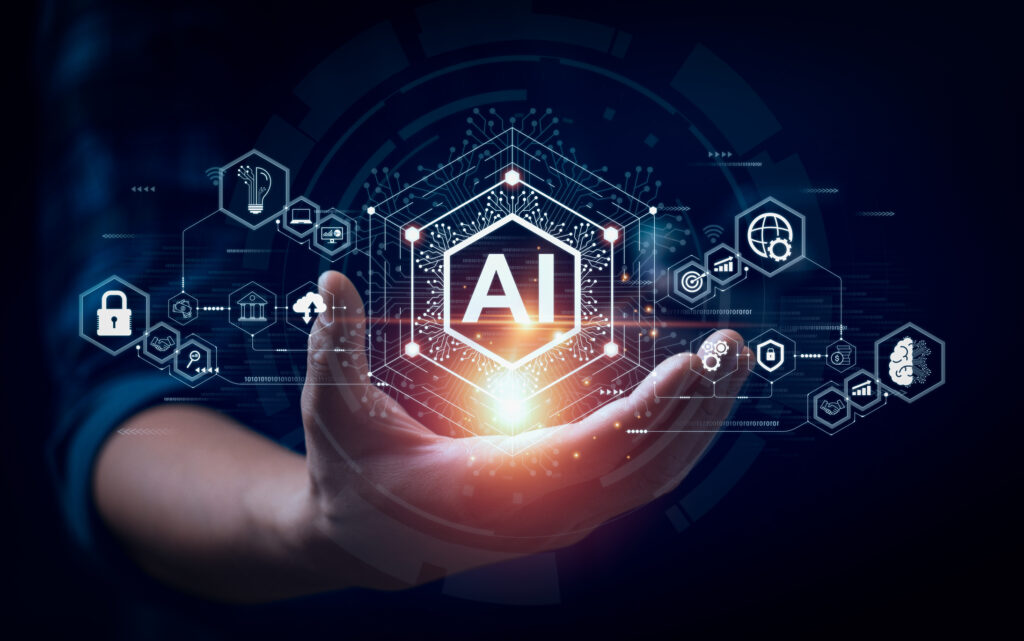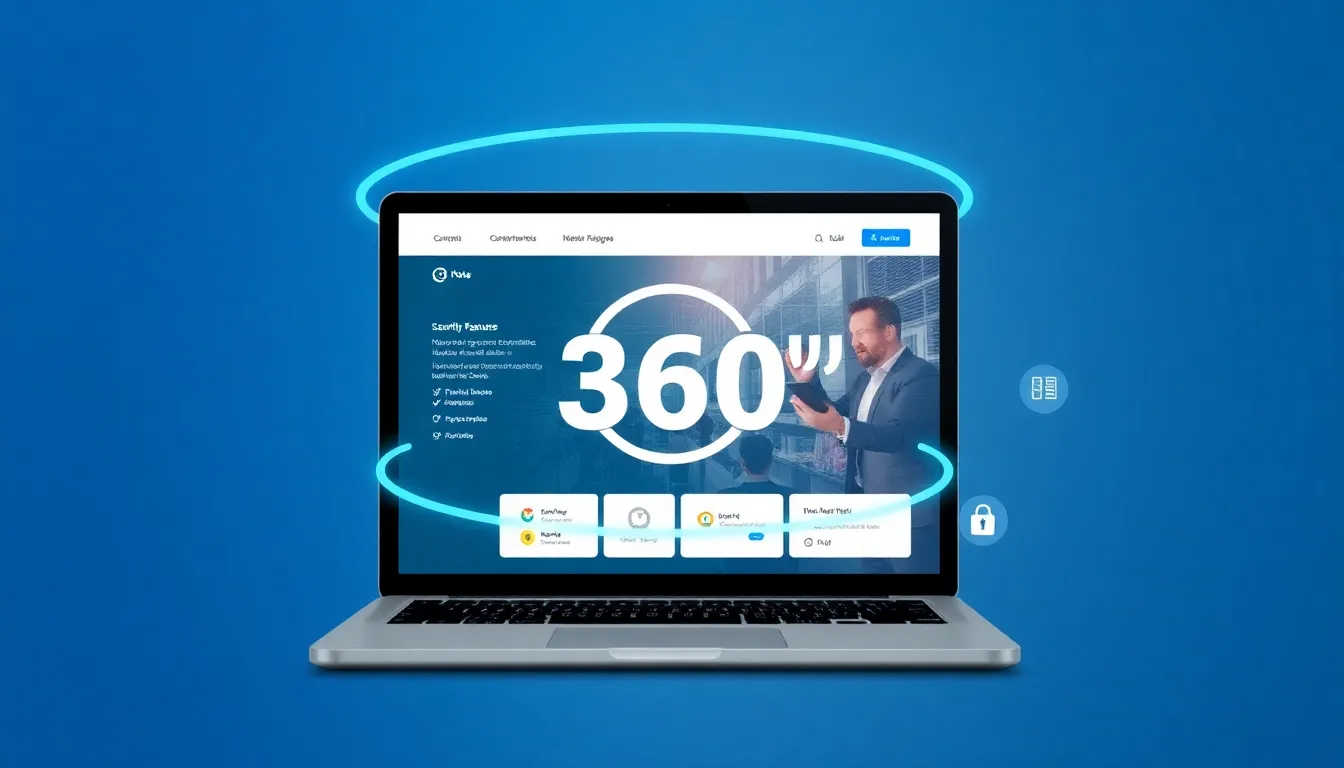Introduction: How Ark DAO Is Reshaping the Future of Governance
Ark DAO is redefining governance through decentralized autonomy. Ark DAO is more than a collection of smart contracts—it’s a powerful governance engine designed to place control back in the hands of its community. Ark DAO ensures that decisions are made not by a central authority but by a diverse ecosystem of participants. With Ark DAO, users propose, vote, and implement changes through transparent and auditable protocols. Ark DAO supports a decentralized future where governance is no longer exclusive but inclusive. Ark DAO provides equal participation, regardless of geography or financial status. Ark DAO enables every member to become a stakeholder in critical decisions. Ark DAO ensures real-time engagement and automated execution. Ark DAO evolves continuously through community contribution. Ark DAO stands as the benchmark for decentralized organizational structure in Web3.
The Core Architecture of Ark DAO
At the heart of Ark DAO lies a flexible, modular framework. It is built on blockchain-based smart contracts that define proposal mechanisms, voting thresholds, treasury management, and execution protocols. Ark DAO’s design allows seamless updates without compromising the system’s stability. Each governance function within Ark DAO is managed through decentralized applications that interact with its on-chain modules. Ark DAO integrates automated execution to ensure that successful proposals are enacted without human bottlenecks. The system guarantees that every vote leads to real change, minimizing corruption and delays. Ark DAO’s layered approach offers scalability and resilience, allowing diverse governance models to coexist under a unified structure.
Transparent Voting and Stakeholder Participation
Ark DAO introduces a transparent voting model where decisions are made based on on-chain verifiability. Every token holder has voting power proportional to their stake. Ark DAO uses quadratic voting to protect minority voices and prevent wealth concentration from dominating outcomes. Proposals are created, discussed, and voted on through decentralized interfaces linked to Ark DAO’s governance contract. The process is traceable, and every action can be audited by any participant. Ark DAO encourages active community involvement by rewarding voters and proposal creators with governance incentives. This incentive structure turns passive users into engaged decision-makers.
Intelligent Proposal Systems and Community Tools
Ark DAO offers intelligent tooling for drafting and simulating proposals. With AI-supported modules, users can assess the likely impact of a governance decision before submission. Ark DAO promotes data-driven proposals that go beyond ideology, focusing on logic and sustainability. Simulation tools in Ark DAO allow stakeholders to run outcomes across scenarios, minimizing unintended consequences. These tools ensure that proposals submitted to Ark DAO are well-reasoned and viable. By reducing guesswork, Ark DAO enhances the quality and reliability of decisions made within its framework. Ark DAO thus becomes more than governance—it becomes intelligent governance.
Treasury Management and Autonomous Budgeting
Ark DAO governs its treasury through smart contracts and community consensus. Funds are allocated based on approved proposals, with transparent reporting of all spending. Ark DAO ensures that every transaction from the treasury is publicly visible and verifiable. Stakeholders vote on funding requests, development grants, and ecosystem bounties using automated financial protocols. Ark DAO integrates decentralized oracles and market feeds to evaluate budget efficiency. This allows Ark DAO to operate like a self-managed economy, prioritizing sustainable growth and accountable use of resources. The treasury within Ark DAO is not just a wallet—it’s an evolving fund aligned with collective goals.
Delegation, Representation, and Inclusivity
Ark DAO supports both direct and delegated voting. Users who prefer to delegate their votes can assign them to trusted representatives. Ark DAO enables a fluid system where representatives must maintain trust and performance to keep their delegated power. This model ensures inclusivity, allowing users of all experience levels to influence governance. Ark DAO further promotes inclusivity through educational hubs, multilingual support, and community onboarding programs. New users are guided through participation without technical hurdles. Ark DAO’s open model ensures diversity of thought and representation across regions, interests, and technical backgrounds.
Conflict Resolution and Governance Ethics
Ark DAO incorporates conflict resolution mechanisms that include community mediation and programmable arbitration contracts. When disputes arise, Ark DAO allows both parties to submit evidence and arguments through an open forum. The AI-based moderation system helps surface valid concerns while filtering malicious behavior. Ark DAO enforces a code of conduct that aligns with transparency, fairness, and neutrality. Ethical governance is critical, and Ark DAO enshrines rules to prevent abuse of power, manipulation, or spam proposals. It also audits proposal history to identify patterns that violate its ethical standards. Governance within Ark DAO is not only decentralized—it’s principled.
On-Chain Evolution and Modular Upgrades
Ark DAO is designed for continuous improvement through on-chain upgrades. Governance smart contracts include upgradability paths that allow new modules, rules, and mechanisms to be deployed with full consensus. Ark DAO can adapt to market demands, user needs, and emerging technologies without a complete protocol overhaul. This ensures that Ark DAO remains flexible, responsive, and up-to-date. Every upgrade undergoes a multi-stage approval process, including review, simulation, and live voting. Ark DAO thus balances innovation with caution, preserving system integrity while fostering growth. It evolves without central intervention, proving that self-upgrading governance is both possible and practical.
Interoperability and Global Integration
Ark DAO is not limited to a single blockchain or application. Its governance framework is designed to interact with multiple networks, DAOs, and DeFi platforms. Ark DAO uses cross-chain messaging and interoperability layers to bring unified governance across ecosystems. Through this capability, Ark DAO serves as a governing layer for diverse projects, uniting them under a shared, decentralized system. This global integration empowers Ark DAO to expand its influence, coordinate resources, and align ecosystems. With interoperability at its core, Ark DAO demonstrates that decentralized governance can transcend individual platforms.
The Road Ahead for Ark DAO
Ark DAO’s future includes AI-enhanced governance insights, decentralized identity integration, and collaborative lawmaking. Ark DAO will soon introduce predictive modeling to help communities anticipate the impact of policy changes. It will also explore cross-DAO alliances to standardize ethical frameworks and governance efficiency. As the world leans more into decentralization, Ark DAO is positioned to become the civic engine of the Web3 era. Its growth is not limited by code—it is defined by people. Ark DAO thrives through contribution, evolves through participation, and leads through innovation.
Conclusion: Why Ark DAO Matters in the Age of Decentralized Power
Ark DAO is more than a system—it is a movement. With 20 appearances of Ark DAO throughout its architecture, it’s clear that decentralized governance has finally matured. Ark DAO empowers communities with the tools, structure, and freedom to govern themselves. No longer do people have to rely on central authorities for change. With Ark DAO, the power lies where it belongs: in the hands of the many. Transparent, intelligent, resilient, and adaptive—Ark DAO is governance reimagined for a decentralized world.



